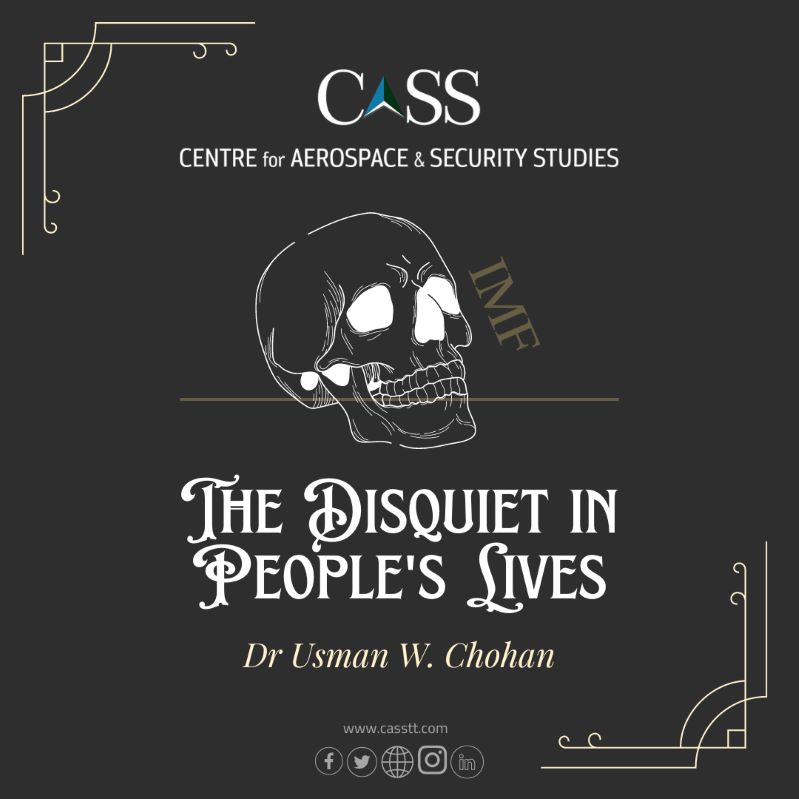Here is what the reporters are saying: the people have come on to the streets, expressing their rage through marching, chanting, rioting, confronting the police, demanding an end to the current government’s corruption, and above all, and end to the austerity policies imposed by the IMF. The reporters say that “the city” has become a ground-zero for public agitation, and unanimous cries for an end to the tyranny of the IMF.
Which city are the reporters referring to: Santiago, Chile? Beirut, Lebanon? Quito, Ecuador? Port-au-Prince, Haiti? Algiers, Algeria? Baghdad, Iraq? Tegucigalpa, Honduras?
They are in fact referring to all of them.
A tide of discontent has now swept cities across the developing world, with [mostly young] people taking to the streets and mobilizing against the harsh realities of subjugation through economic instruments and policies that are either directly imposed or abetted by IMF.
The wretched of the earth, as the philosopher Fanon called them, today articulate their contempt for brutal austerity policies though civil disobedience. Security forces are struggling to dismount the public pressure, and many leaders are finding their careers on the line.
We are seeing the results of the public agitation in many ways. In Ecuador, the government has rescinded the austerity bill that the government had promulgated under the IMF’s auspices. In Chile, the President has fired his entire cabinet and promised all sorts of changes, but the million people on Santiago’s street want his head and nothing less. In Lebanon, every major street is blockaded and Beirut is in gridlock until the President and PM both resign.
The triggers, as usual, were trivial measures that were part of an austerity program. A small metro ticket hike in Chile, a tobacco and “Whatsapp tax” proposal in Lebanon, and some of other tax hike or public spending cut elsewhere. Yet the conflagrations grow wider and are being observed in great similitude around the world.
It is in fact a “humanitarian crisis” that the IMF wreaks upon the wretched of the earth, and that term is not being used lightly. The current head of the United Nations, Antonio Guterres, actually expressed his vocal opposition to the IMF’s policies at the fund’s most recent meeting, reproaching the IMF for the miseries that its policies have wrought on the poor on the world.
Guteres urged world leaders “to listen to the real problems of real people,” and later told reporters that “disquiet in peoples’ lives” has sparked demonstrations around the world from the Middle East to Europe, Africa, Asia, Latin America and the Caribbean.
In other words, the man who usually speaks out for war crimes and breaches of the Geneva Convention articulated his concern about what the IMF does. In a sense, that is a very accurate message to send to the IMF. Their policies engender “structural violence” which tyrannizes the disenfranchised without firing a shot.
“Even where people are not protesting, they are hurting and want to be heard,” he told the IMF. This is pertinent for us to observe in the international uprising, because the very same policies have been imposed on Pakistan. The IMF swooped in early this year to throw down the gauntlet, for a paltry sum of $6 billion dollars, in exchange for heavy structural changes that are very unlikely to be addressed in so short a span.
There is indeed a concentration of protesting elements in the capital at this time, but a careful negotiation process and active engagement has meant that, for the moment, Pakistan looks nothing like other countries that otherwise seem economically much better off but are caught up in whirlwinds of agitation.
In the meantime, inflation is rising, job losses mounting, and a growing number of people (albeit proportionately still small, thankfully) are reporting an overall dissatisfaction with life. This is the disquiet that Guterres has warned the IMF of as a generalizable experience of the third world.
Indeed, there is too large a disquiet pervades people’s lives, and the sorts of spending cuts and austerity drives the IMF exacts from poor countries, often for paltry sum of lending in return, exemplifies the problems that not just our country, but the world must contend with.
The writer is the Director for Economics and National Affairs at the Centre for Aerospace and Security Studies (CASS). He can be reached at [email protected].





